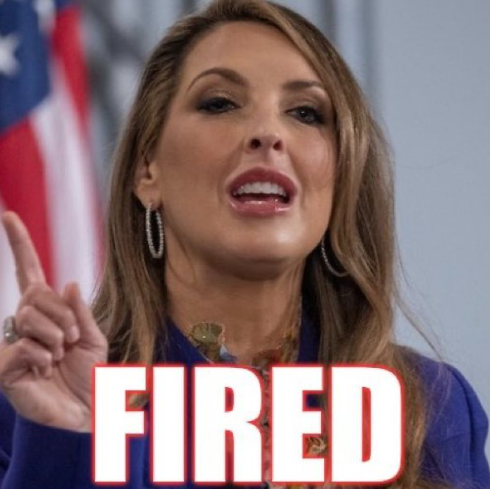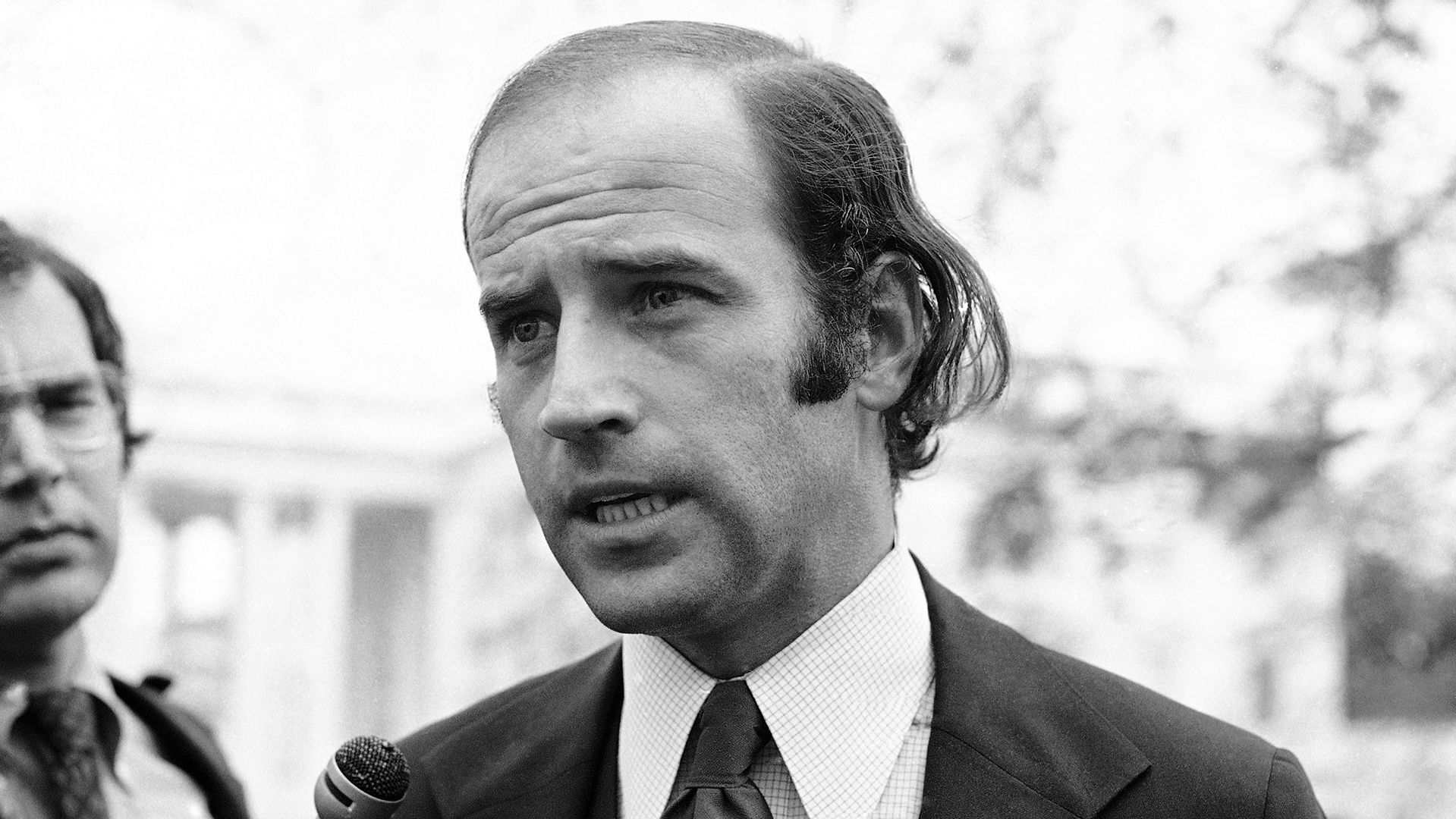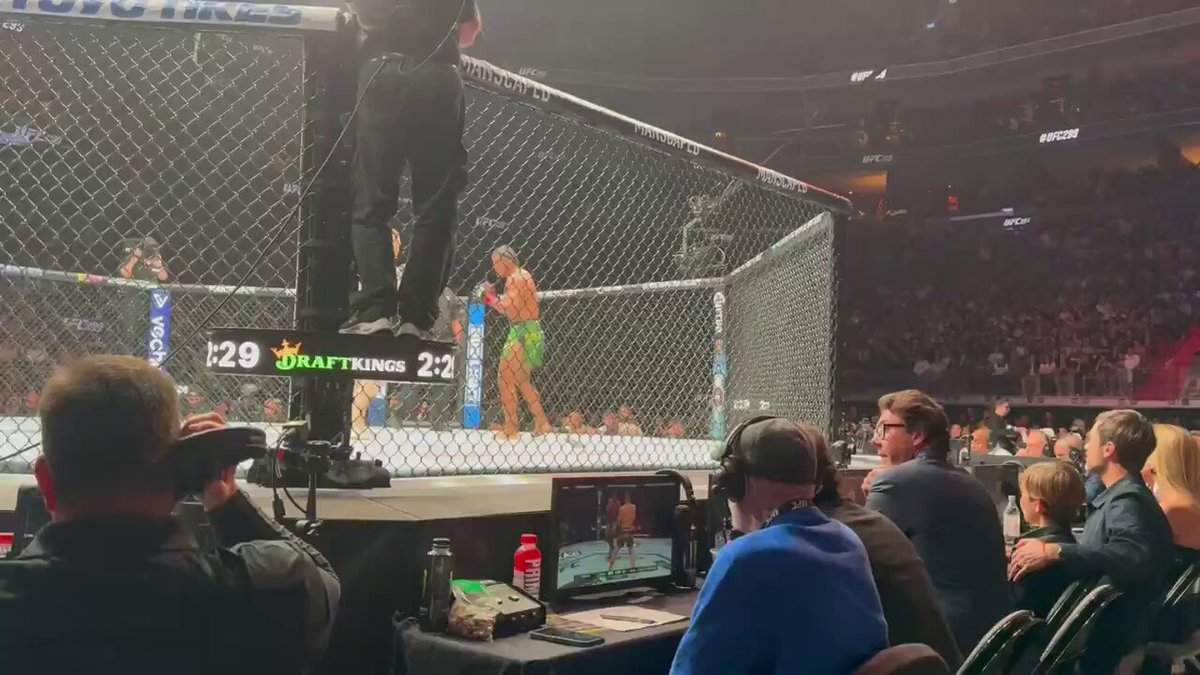In a recent, tense encounter that has sparked widespread conversation and controversy, Rep. Alexandria Ocasio-Cortez faced a direct confrontation from protesters at a Brooklyn movie theater.
The protesters, identified as far-left, pro-Palestinian activists, demanded that Ocasio-Cortez, a prominent member of the Democratic Party’s progressive wing, publicly label Israel’s military actions in Gaza as genocide.
This incident underscores the growing divide within the Democratic Party and highlights the complexities of U.S. politics regarding the Israel-Palestine conflict.
Ocasio-Cortez’s response to the protesters was passionate and unfiltered, as she expressed her frustration with the situation.
This moment is particularly noteworthy given Ocasio-Cortez’s history of advocating for activists to make politicians feel uncomfortable to spur change.
The irony of her being on the receiving end of such tactics has not been lost on observers, drawing attention to the challenges politicians face when their previous statements are used against them.
This incident reveals the deepening fractures within the Democratic Party, especially between its progressive members and more moderate or traditional factions.
While the party has historically supported Israel, the progressive wing, including figures like Ocasio-Cortez, has been more critical of Israeli policies and more sympathetic to Palestinian causes.
This internal division poses significant challenges for the party’s unity and coherence on foreign policy issues.
From the perspective of the MAGA movement and Trump supporters, this event can be seen as indicative of the Democratic Party’s vulnerability and inconsistency.
The confrontation with Ocasio-Cortez highlights the potential for progressive activists to influence the party’s direction, possibly alienating moderate voters who are crucial for electoral success.
This internal discord presents an opportunity for Trump and his allies to capitalize on perceived weaknesses within the Democratic Party, framing themselves as a more stable and united alternative.
Furthermore, the incident underscores the broader geopolitical complexities and domestic political implications of the Israel-Palestine conflict.
The United States’ role as a key ally of Israel means that American politicians’ stances on the conflict are closely scrutinized, both domestically and internationally.
As such, the demands placed on Ocasio-Cortez by the protesters reflect the growing expectation for politicians to take clear positions on contentious issues, even when those positions may be politically risky.
Looking ahead, this episode is likely to have lasting implications for Ocasio-Cortez, the Democratic Party, and U.S. politics more broadly.
It highlights the balancing act that progressive politicians must perform: advocating for their principles while navigating the pragmatic realities of governance and party unity.
For the MAGA movement, moments like these offer strategic advantages, allowing them to critique the Democrats as divided and out of touch with mainstream America.
In conclusion, the confrontation between Ocasio-Cortez and the pro-Palestinian protesters is more than just a heated exchange; it is a microcosm of the broader challenges facing the Democratic Party and American politics.
As the 2024 presidential election approaches, with Trump leading in the polls, the ability of Democrats to manage their internal divisions and articulate a coherent foreign policy stance will be critical.
For Trump and the MAGA movement, leveraging these divisions and presenting a unified front could be key to regaining political power.



